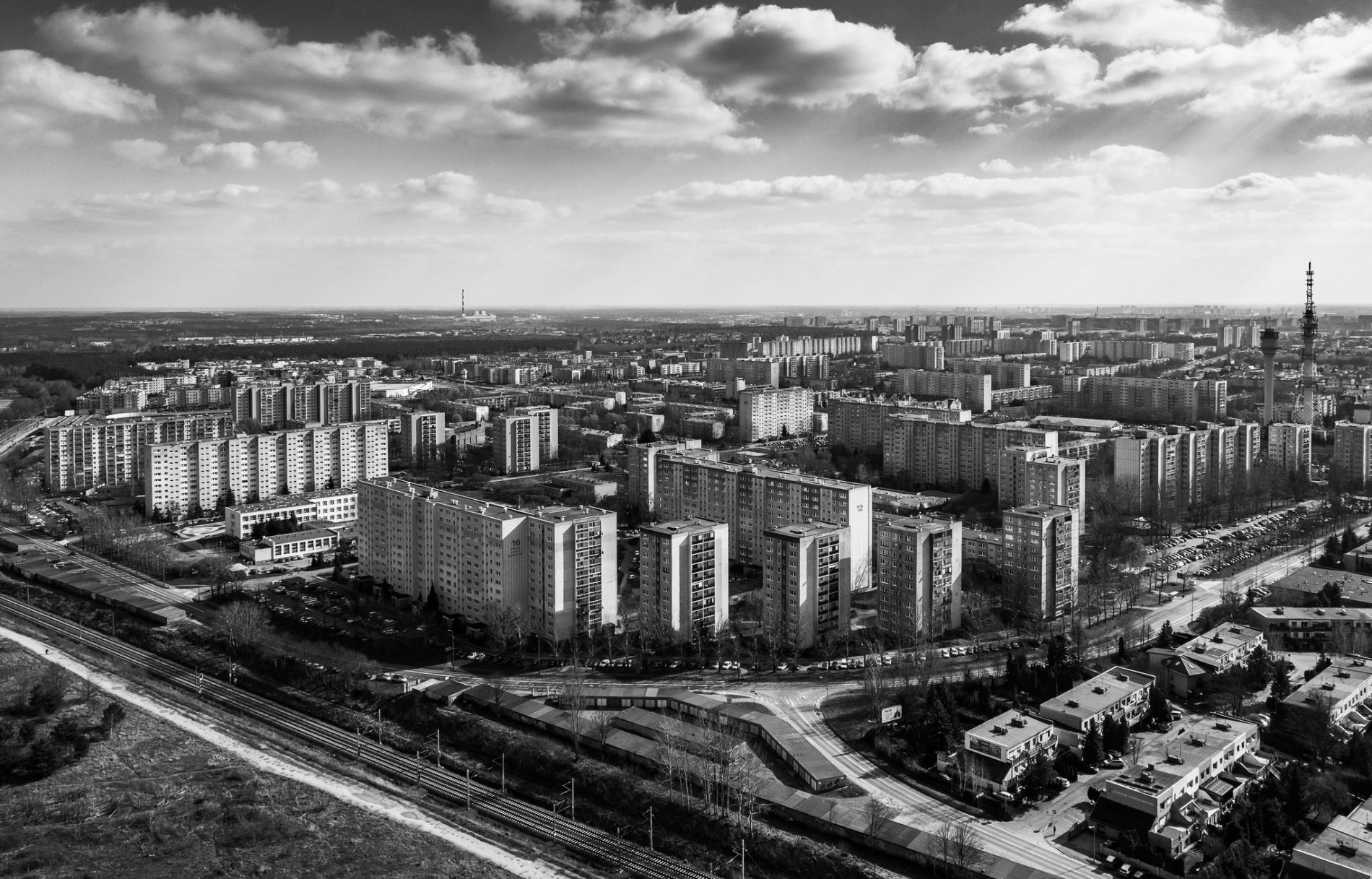Course objectives
Today, the future development of post-socialist cities attracts more and more researchers. It has been three decades since the fall of the socialist system - a long enough period to answer the main question: Does the post-socialist city still exist? If this is so, can we discuss a post-socialist urban geography as a separate phenomenon? Does the legacy of socialism still affect the livability of these cities, spatial transformations or the housing market?
Course objectives:
- Using the synergies and approaches of an international consortium of partner universities, their different key orientations and perspectives from different planning systems and cultures
- Understanding the concept of liveable places
- Replicating experiences from best practice examples in the model area
- Developing transformation strategies in areas such as mobility, public spaces, greening, social and cultural life
- To learn and apply methods of integrative spatial planning, geographic information systems (GIS)
- Becoming aware of the pitfalls of applying concepts to specific types of territories
Initial online meetings
Tuesday, 15 April
12:00-14:00 Opening presentations: venue, topics, supervisors.
Lecture: Between disorder and livability by Barbara Maćkiewicz and Przemysław Ciesiółka
Discussion
Tuesday, 22 April
12:00-14:00 Student self-presentations
Lecture: A polyimaginary instead of a post-socialist framework? On the role of social imaginaries in the design of public spaces in Poland by Maciej Frąckowiak (presenter), Marek Krajewski, Elżbieta Marciszewska
Discussion
Onsite workshop in Poznan
Day 1, Friday, 25 April
9:00-10:00 Muza cinema - opening meeting
10:00-12:00 Screening of the movie: Blocks + discussion
12:00-13:00 Lunch break
13:00-14:45 Architectural walk with UltraArchitects - the process of renewing the image of the Chrobry estate
15:30-17:00 Summary of the day, preparation for further work (Faculty of Human Geography and Planning)
Day 2, Saturday, 26 April
9:00 -11:00 Meeting in the space of the Sobieski estate - an introduction to the study, walk with Patryk Kaczmarek
11:00-13:00 Meeting at the Senior Citizen Club - presentation of the results of the preliminary work - opinions of children, young people and senior citizens on the development of the estate, meeting with the estate councillor
13:00-15:00 Lunch break
15:00-18:00 Inventory work on the Sobieski estate
Day 3, Sunday, 27 April
9:00-12:00 Photo walk - documenting space with Anka Gregorczyk Galeria Centrala
12:00-14:00 Lunch break
14:00-18:00 Own work at the Faculty of Human Geography and Planning
Day 4, Monday, 28 April
9:00–11:00 Meeting with an employees of the Municipal Urban Planning Bureau - principles of the local zoning plan
11:00 -13:00 Lecture: Wandering through the labyrinth of metropolitan participation, by Tomasz Sowada
12:00-14:00 Lunch break
13:00-18:00 Own work at the Faculty of Human Geography and Planning
19:00-22:00 Social event - discussions on life in block housing estates. Rock Garaż
Day 5, Tuesday, 29 April
9:00-10:30 Lecture: Designing Innovative and Creative Neighbourhoods, by Michał Męczyński
10:30-11:30 Photo walk summary with Anka Gregorczyk Galeria Centrala
11:30-13:00 Lunch break
13:00-15:00 Own work at the Faculty of Human Geography and Planning
15:30 -17:00 Final presentations summarising the workshop (Senior Citizens' Club)
Concluding online meeting
Tuesday, 20 May
9:00-13:00 Student presentations - transfer of experiences from Poznan

Organizing Committee
Amelia Kunejko
Plan for the course in Poznań
- field work
- desk work
- cinema screening
- meetings with stakeholders
- guided tours
- enjoying an international sociability
Educational and teaching methods
Teaching methods
- Territory analysis
- Creating a data inventory in a GIS environment
- Governance analysis
- Creating a vision and transformation strategies using the concept of liveable places
Tasks for student teams
- Overall concept creation
- Introduction of connections and relations in the territory and its surroundings
- Understanding and presentatiing of complex land-use, functions of individual buildings and neighborhoods, public spaces, activities and new uses in the present and future
- Integrating into the proces social aspects of development, diverse user groups, the dynamics of social ecosystems and spatial planning to support the livabilityof a given place
- Active participation in the online and in-person part of the project
For students
- Experience working in an international team
- Understanding the complexity of the concept of liveable places in practice
- Improving skills in working with GIS
- Testing and mastering various scientific methods of exploration and analysis of the territory
- Improving language skills and teamwork
For partner institutions
- Enhanced cooperation between partner institutions, also as a basis for potential cooperation on scientific projects and other pedagogical activities
- Experience with the organization of the pedagogical process with the participation of three international partners
Dear applicants, we regret to inform you that registration for the workshop has been closed.


